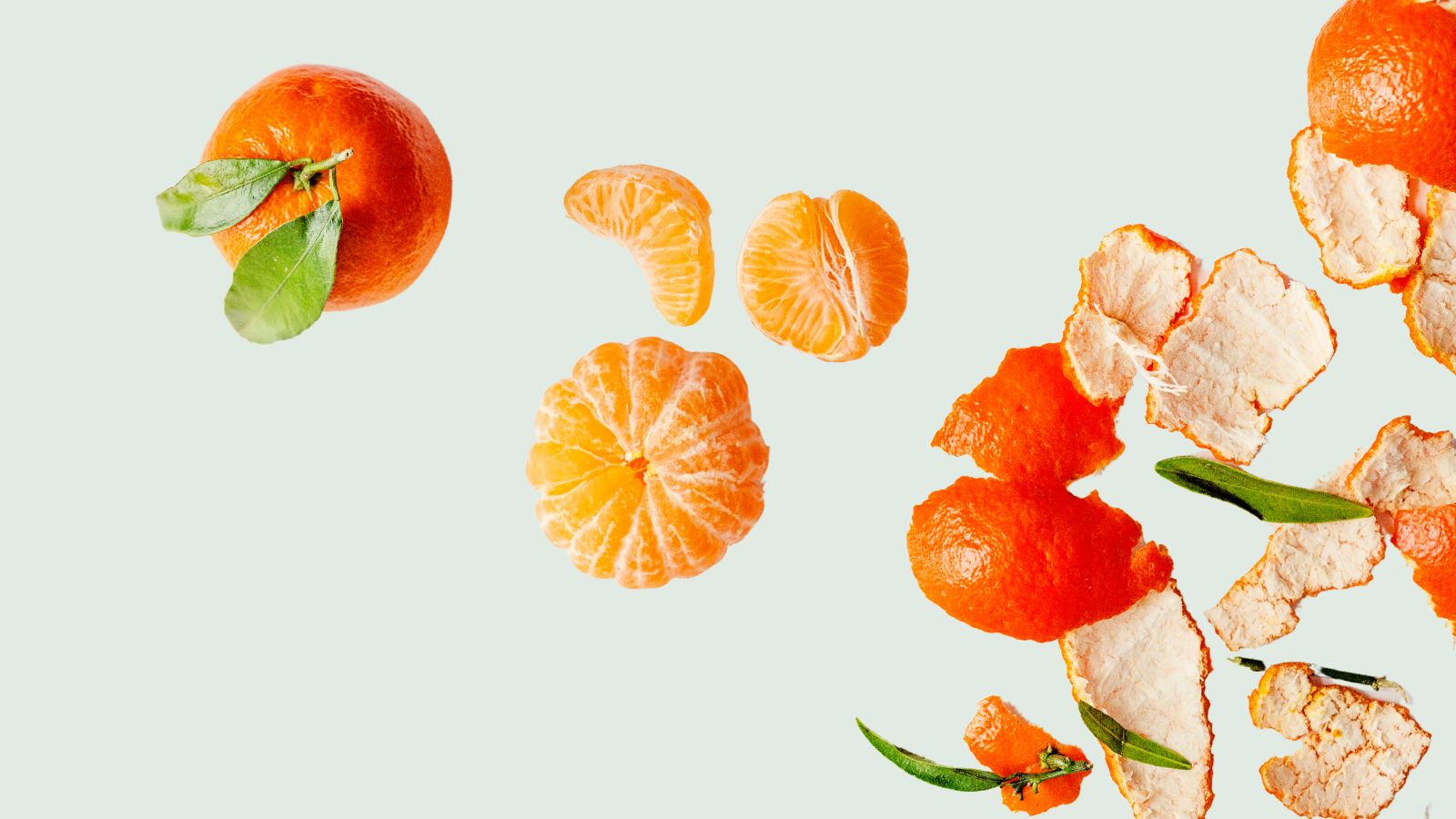

Snackers might not know what to do with orange peels, but gardeners certainly do.
Time after time, this overlooked portion of the fruit ends up in the trash, but it's capable of making a substantial difference to the blooms in your backyard. Our gardeners reveal how to use your peels to boost nutrients next time you indulge in a little vitamin C.
Since a few horticultural helpers might be lurking in your fruit bowl, learn a little bit more about how to supercharge your blooms as as you weigh up different small garden ideas.
What to do with orange peels in the garden
Even if you're still figuring out what can be planted in April, keep your orange peels close by for the next time you're going to get your hands dirty.
"Orange peels can be a great addition to your garden, offering several benefits," says Gene Caballero, co-founder of GreenPal.
Sounds like it's time to find your gardening gloves, right? (CoolJob Gardening Gloves on Amazon continue to remain customer favorites with 5,000+ purchases in the past month alone.)
A post shared by Real Homes (@real_homes)
A photo posted by on
1. Use orange peels in compost
No need to keep wondering what to do with orange peels when they're actually very in demand in the dirt, quite literally.
"Incorporating them into a compost heap is a more balanced approach, as it prevents any negative effects on the soil's pH balance from the acidity of the peels," Gene adds.
Good job the experts have already filled us in on how to make compost and what can and can't go in a compost bin.
2. Use orange peels to deter pests
If you're constantly looking for a fly swatter, here's what to do with orange peels: use them in your square-off against creepy crawlers.
"[Orange peels] can also be placed around plants or in the soil to help deter unwanted pests since most are put off by the smell of citrus," says Paris Lalicata, a community associate and plant education director at The Sill.
More food for thought: additional non-toxic pest control solutions for planet-friendly gardening. Going green can go a long way.
3. Use orange peels to enrich the soil
If you're still unsure what to do with orange peels, let the soil soak in their goodness.
"Just adding orange peels to your soil helps to add more organic matter into your garden as it breaks down overtime which improves soil structure, as well as nutrient availability," Paris says.
Gene notes that it might even reduce the need for chemical fertilizers, so why not try the natural route?
Quick tips
Now that you know what to do with orange peels when gardening, it's time to take note of what not to do, lest you want to disrupt your gardening feng shui.
"Orange peels can add acidity to the soil, so you may want to be more mindful of which plants to put these around," Paris adds. "If the orange peels weren't from organic oranges or those not treated with pesticides or chemicals, you could be introducing those chemicals into your soil."
And though the citrus is a no-go for some pests, it could be an open invitation for others, depending on how much you put in the garden.
"Avoid placing large amounts of orange peels directly on the surface without breaking them down, as they can attract unwanted pests like ants," Gene adds.
Now that you're armed with tips and ready to choose your garden plants, don't forget to make a pitstop down the produce aisle for a few of those citrussy natural helpers.

Gene Caballero is co-founder of Green Pal, a platform connecting customers to lawn care experts in their area throughout the United States. With such diverse areas to cover, Gene is well-versed in specific greenery needs for various environments.
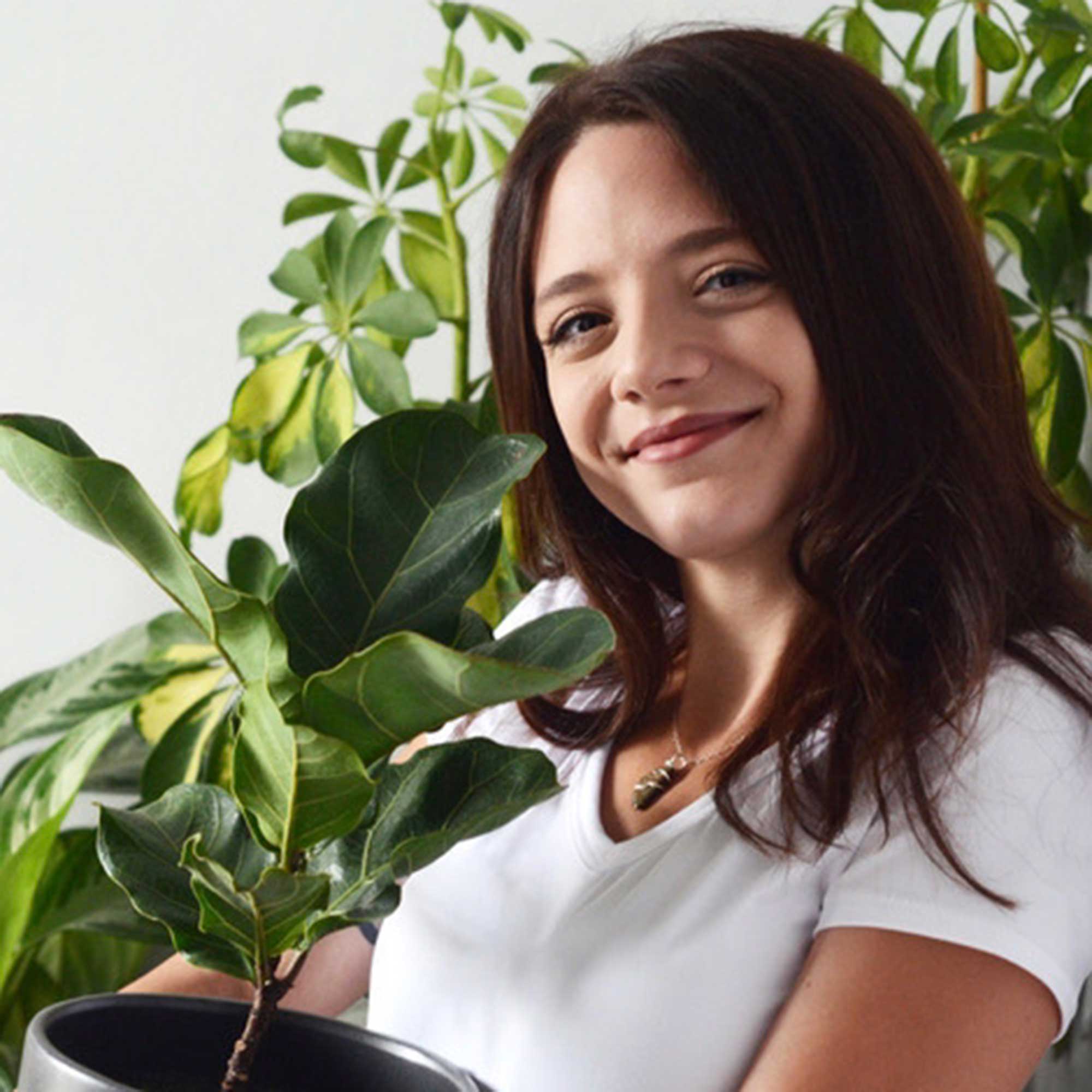
Paris is a community associate and plant education director at The Sill, which was founded on the notion that plants make us happier, healthier humans. The self-taught expert has over 200 plants in her own collection, so she's the perfect go-to for those who need assistance with their plants.
As it turns out, your kitchen is packed with plenty of useful items for your garden beds. Learn how to use tea bags in gardening and how to use coffee grounds in gardening.
Join our newsletter
Get small space home decor ideas, celeb inspiration, DIY tips and more, straight to your inbox!

Pleasure to meet you! I'm Danielle, a content editor at Real Homes who loves scoping out interior trends. I've specialized in lifestyle writing and editing for 10 years with a focus on events, food, and books, among other areas. When I'm not working, I'm usually cooking, reading, or searching for a new project for my apartment.
-
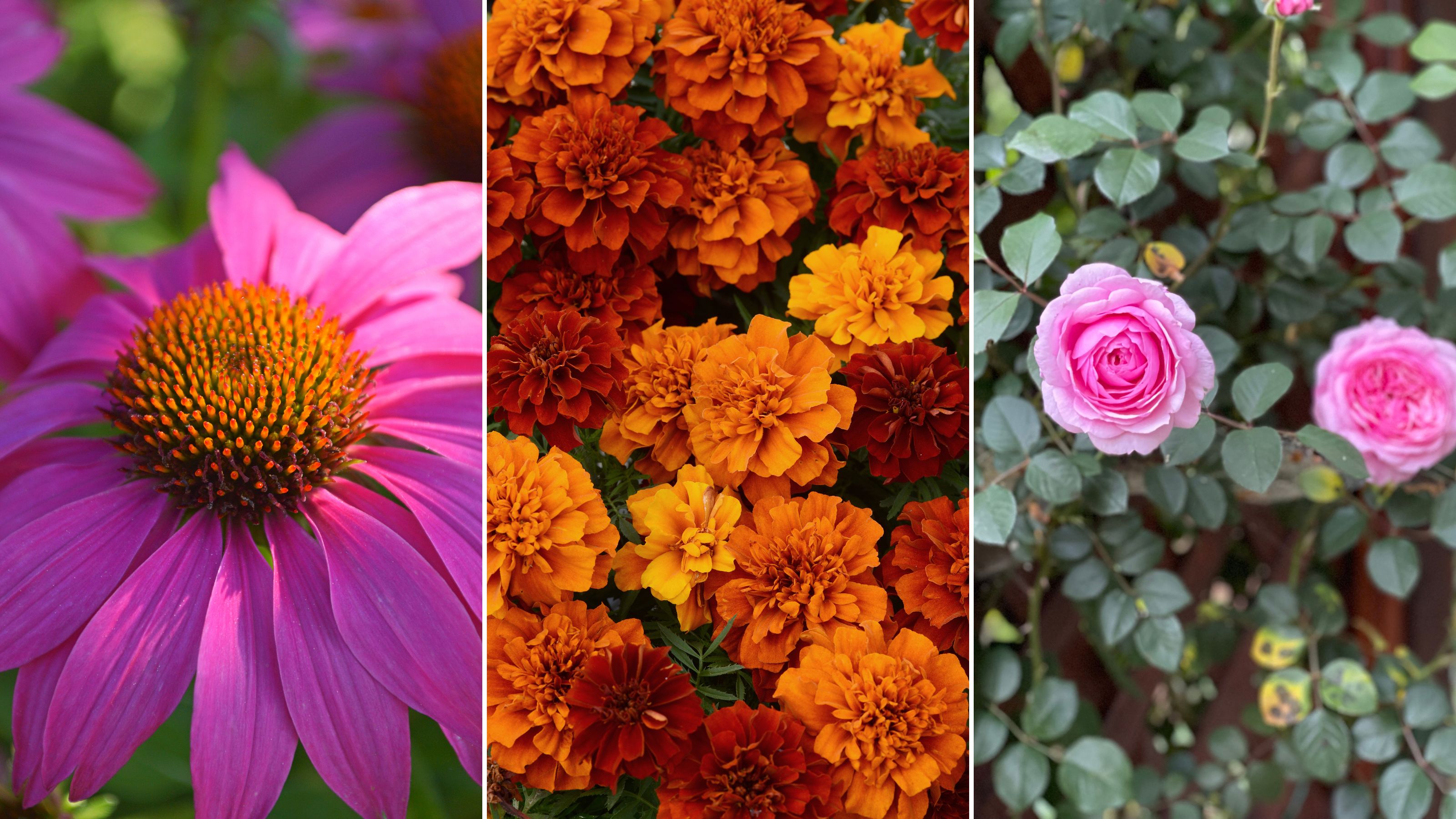 The 7 flowers to plant in August, according to gardening gurus
The 7 flowers to plant in August, according to gardening gurusKnowing what flowers to plant in August isn't always so clear-cut. But that's why we called in help from pro planters — here's what they said to pot.
By Becks Shepherd
-
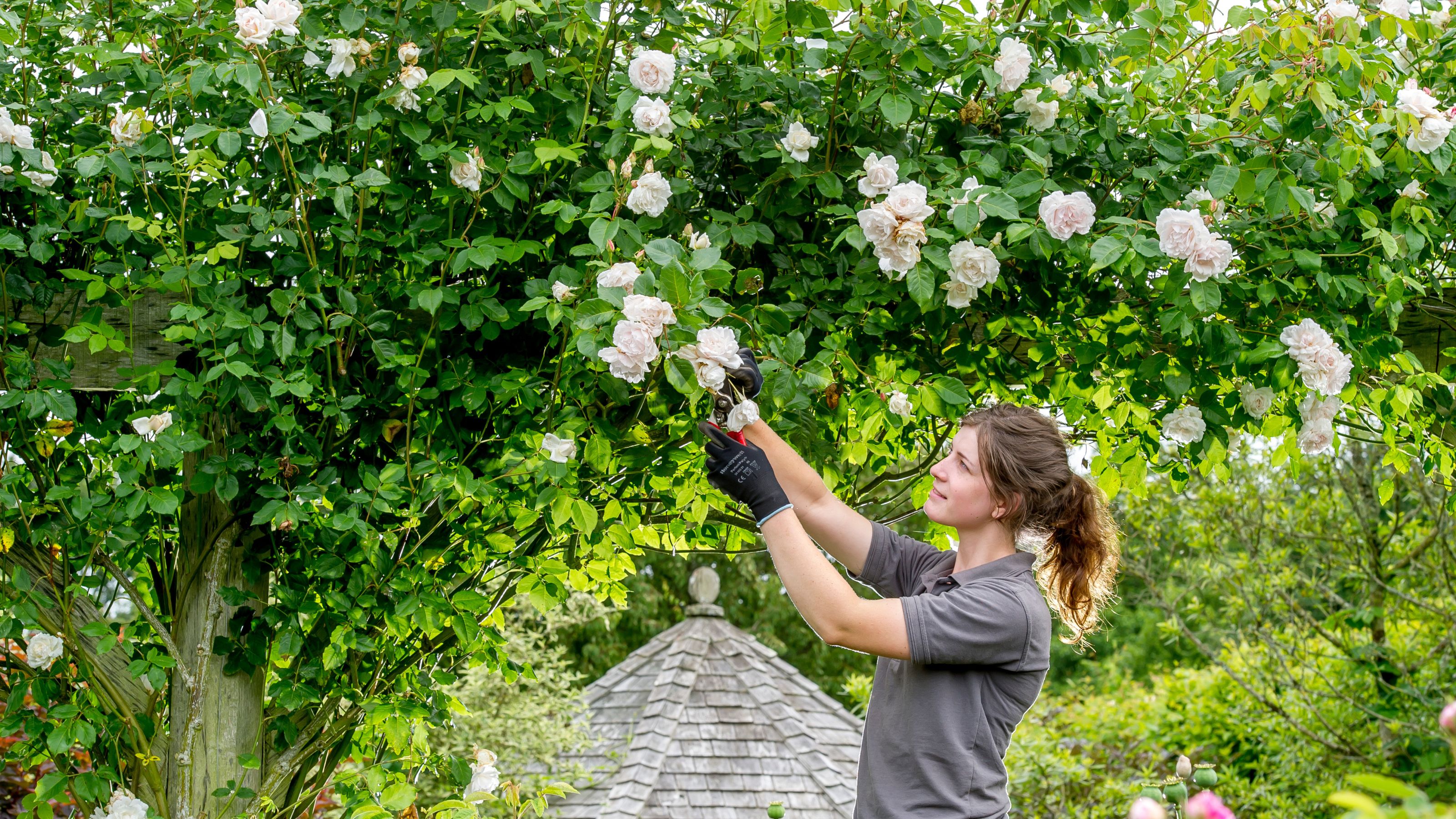 The 7 plants to prune in August — and the 2 pieces of greenery you shouldn't touch
The 7 plants to prune in August — and the 2 pieces of greenery you shouldn't touchWondering what plants to prune in August? We asked a gardening expert for their top tips plus info on what pieces of greenery to avoid pruning this month
By Becks Shepherd
-
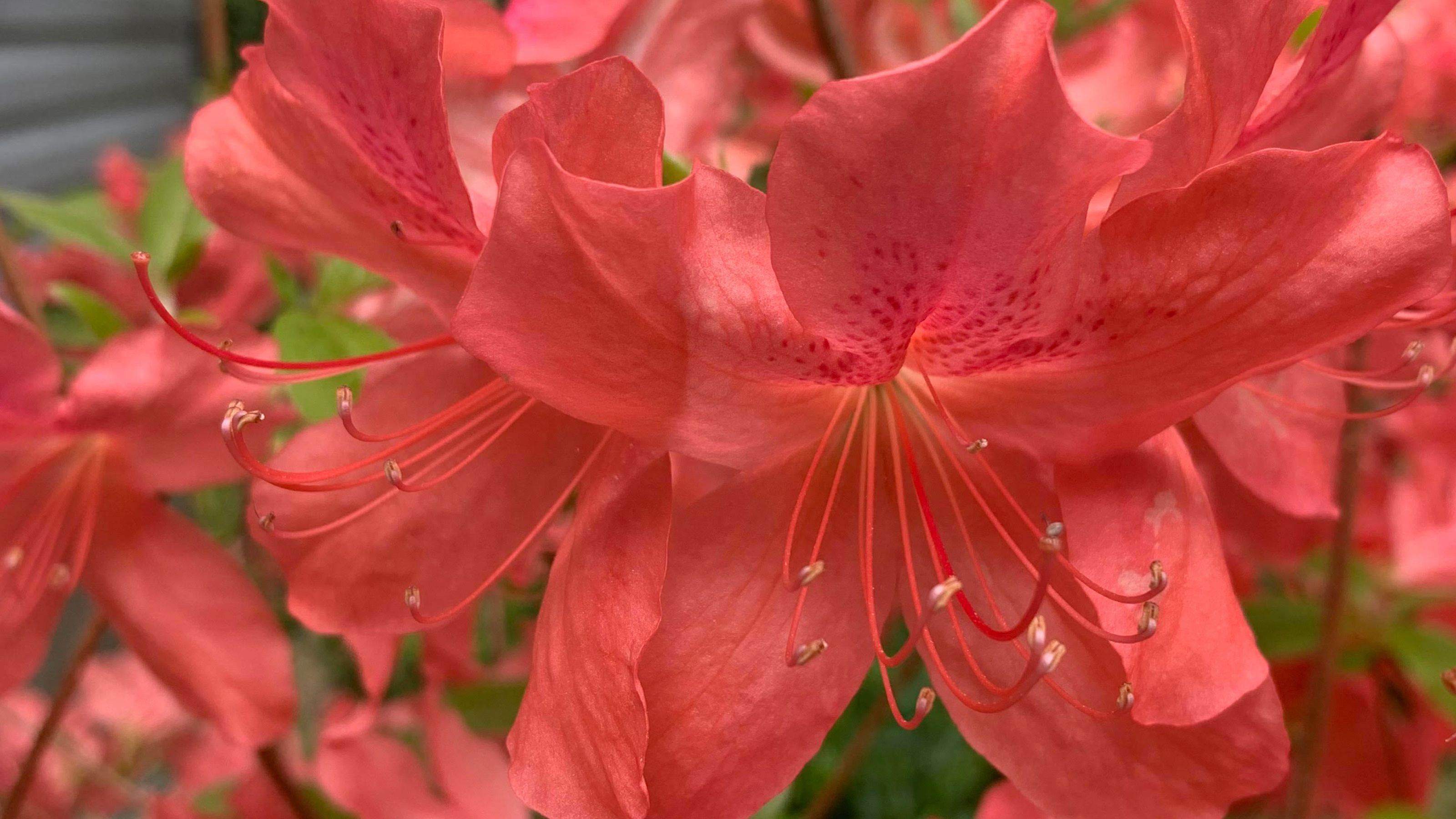 Do you need to deadhead azaleas? Top tips for pruning these flowering shrubs
Do you need to deadhead azaleas? Top tips for pruning these flowering shrubsWondering whether you need to deadhead azaleas? We asked a gardening expert for their top tips for looking after these blooms
By Becks Shepherd
-
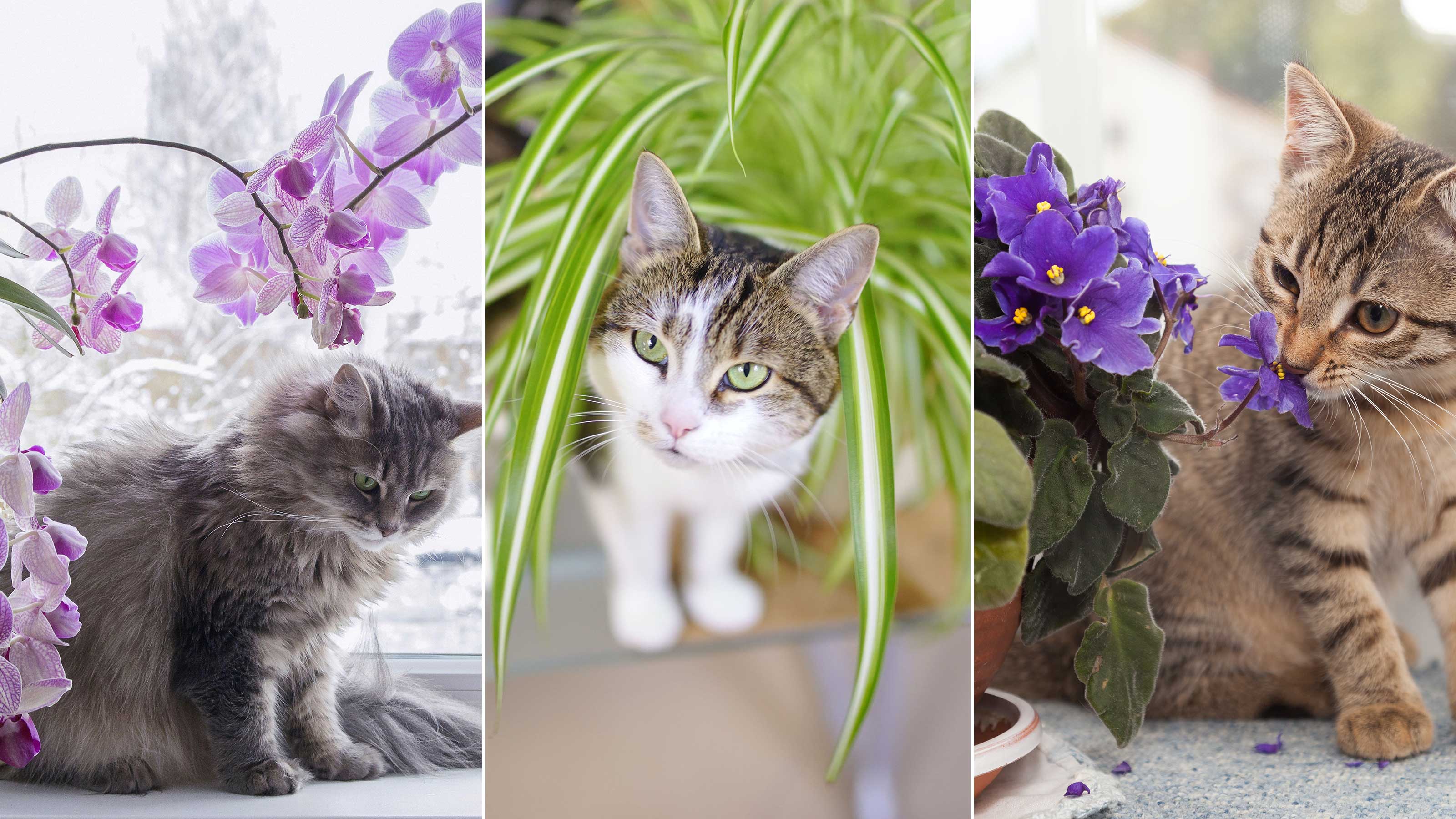 10 houseplants that are not toxic to cats — plus expert advice on keeping your pets safe
10 houseplants that are not toxic to cats — plus expert advice on keeping your pets safeKeep your four-legged companion safe by choosing these houseplants that are not toxic to cats, and learning the dangers of those that are, according to veterinary experts
By Holly Crossley
-
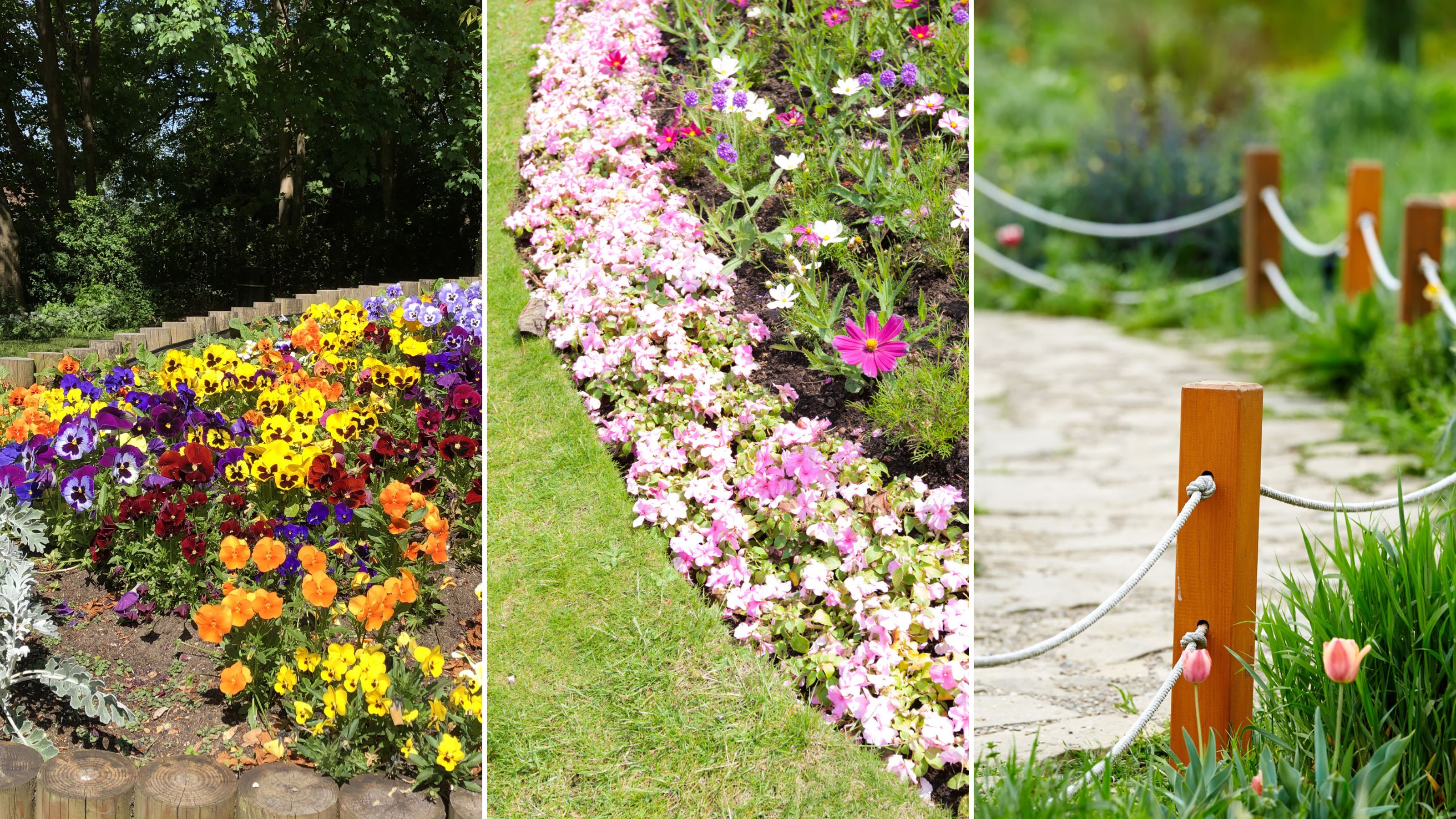 14 lawn edging ideas that will add definition and style to your backyard
14 lawn edging ideas that will add definition and style to your backyardWant to neaten up your lawn with lawn edging ideas? From fresh flowers to laidback bricks, we've scouted out materials and styles that look brilliant
By Eve Smallman
-
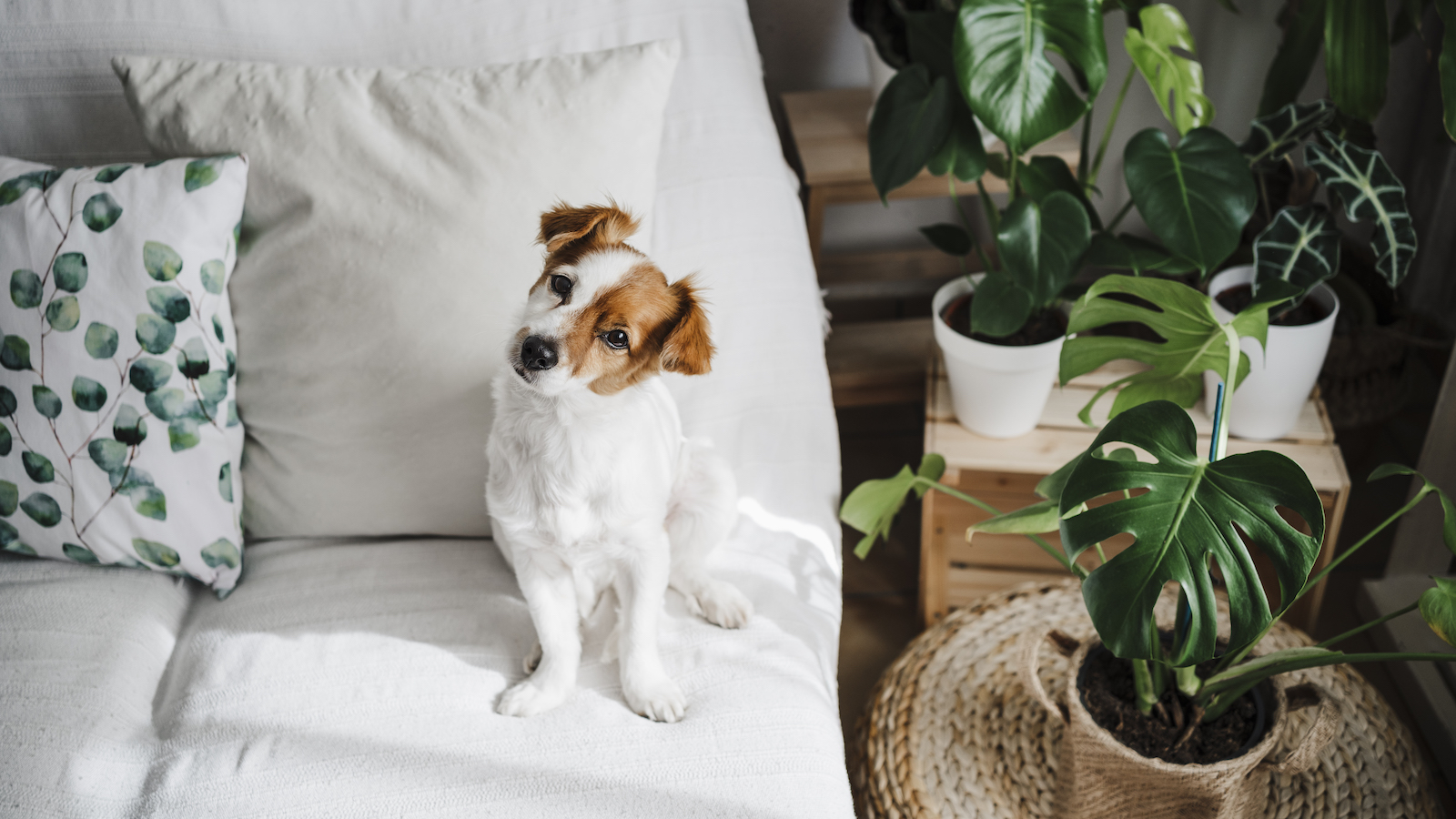 Which houseplants are toxic to dogs? Vet experts pinpoint problem plants and solutions
Which houseplants are toxic to dogs? Vet experts pinpoint problem plants and solutionsWondering Which houseplants are toxic to dogs? We spoke to vets about the problematic leafy greens, what they trigger in dogs, and how to find a solution
By Danielle Valente
-
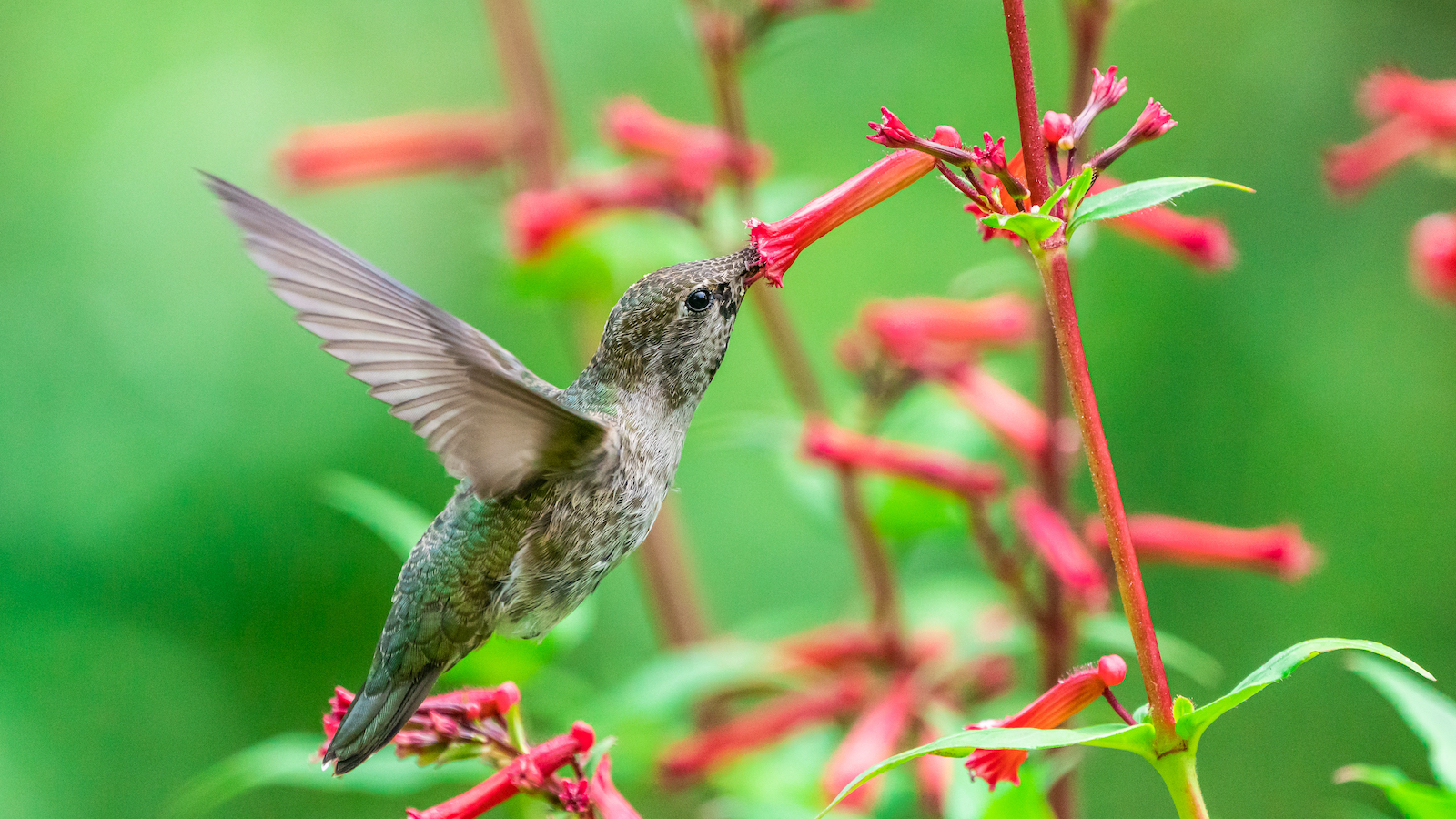 How to attract hummingbirds to your backyard, according to ornithologists
How to attract hummingbirds to your backyard, according to ornithologistsTrying to figure out How to attract hummingbirds to your backyard? These ornithologist-backed tips will guarantee you visitors in no time
By Danielle Valente
-
 Does hydrangea bloom every year? Pros spill the dirt on the "garden favorite" and when to expect it
Does hydrangea bloom every year? Pros spill the dirt on the "garden favorite" and when to expect itWondering, "Does hydrangea bloom every year"? We asked the pros all about the garden favorite and how often to expect them — here's the dirt.
By Danielle Valente